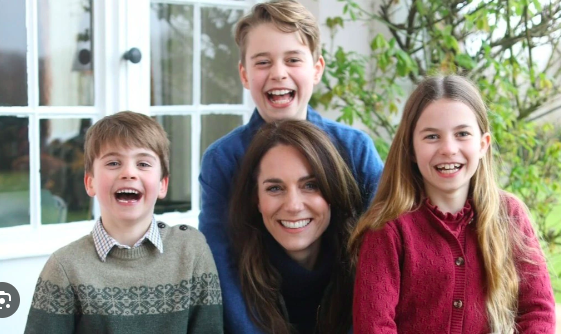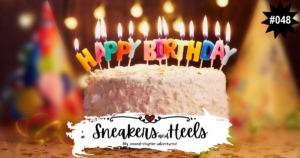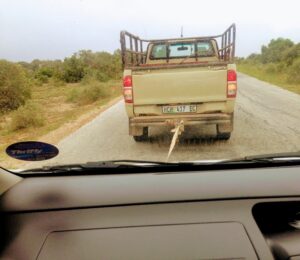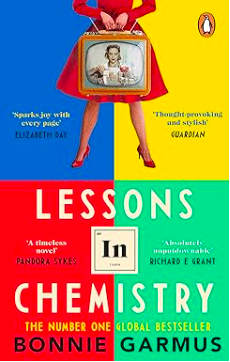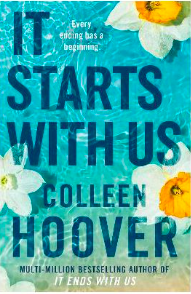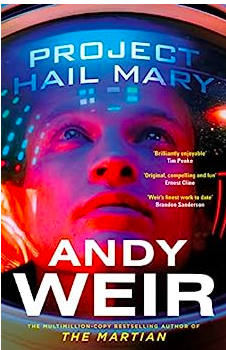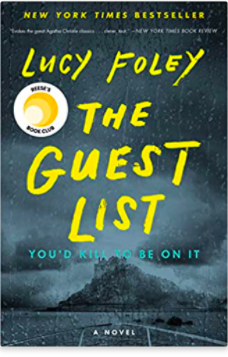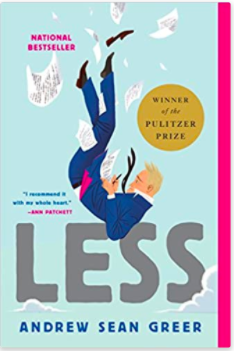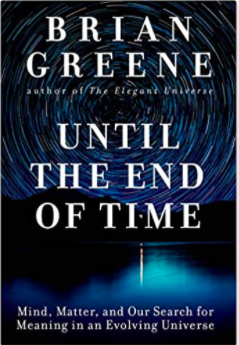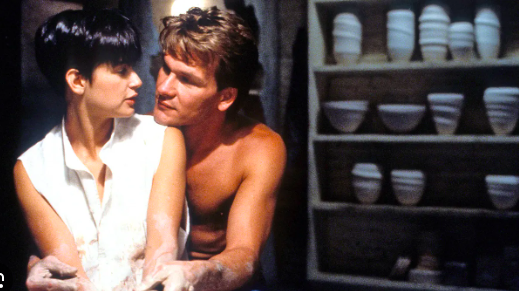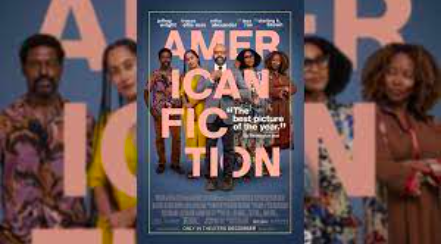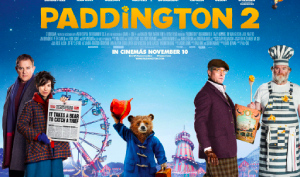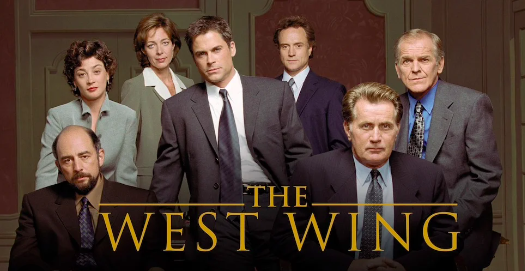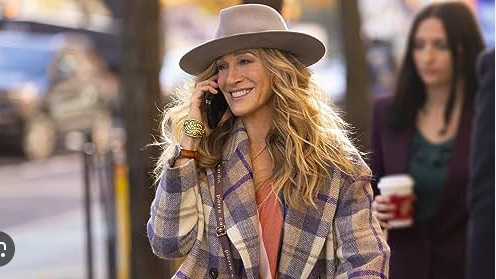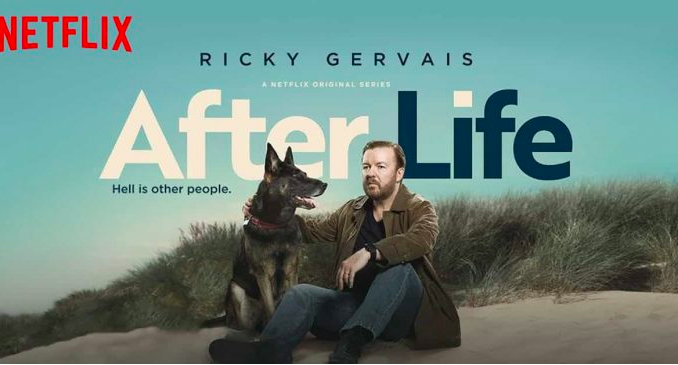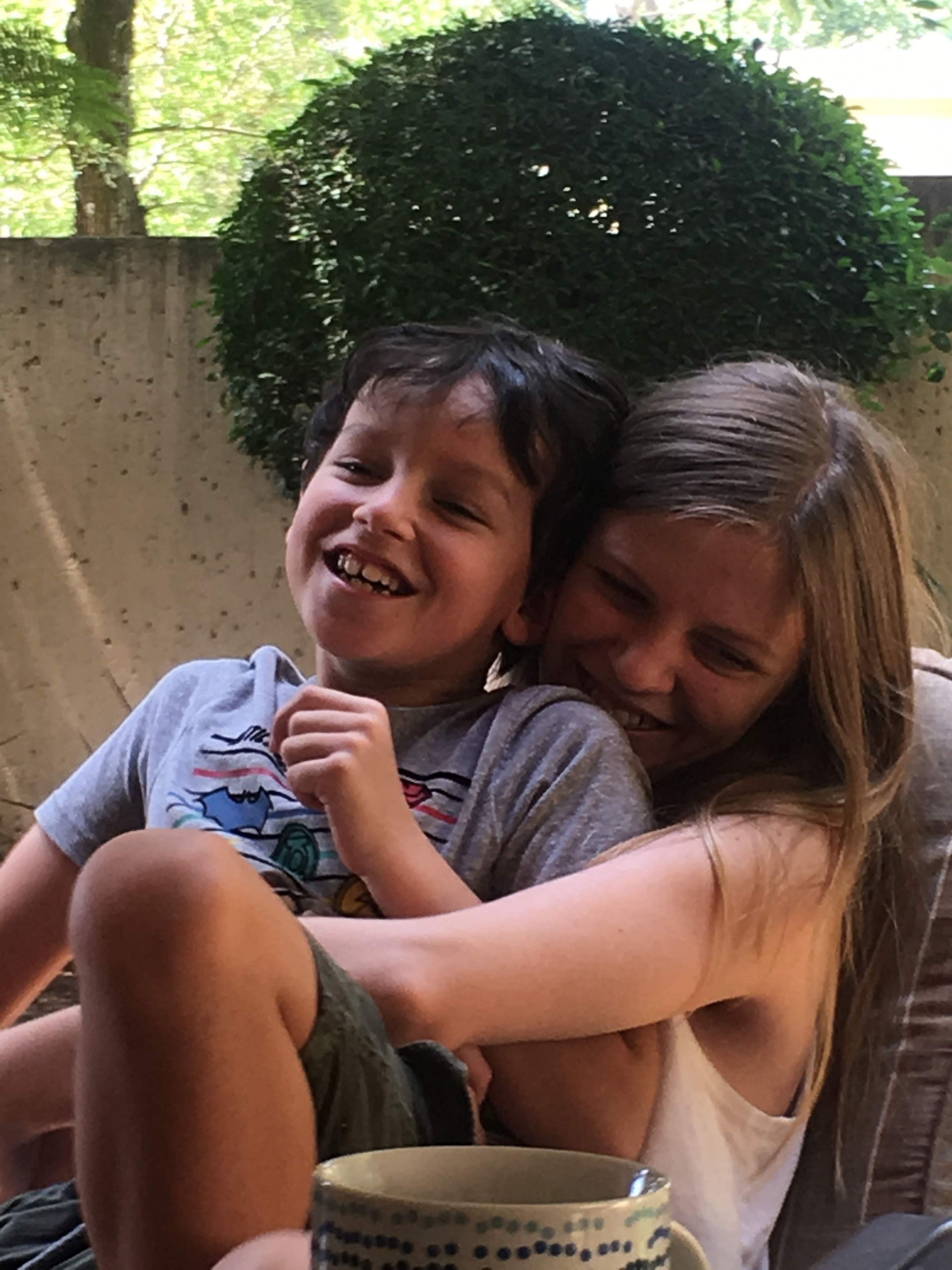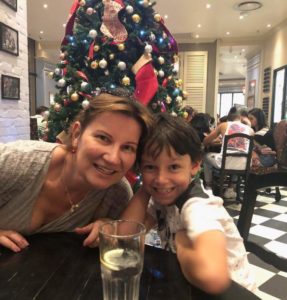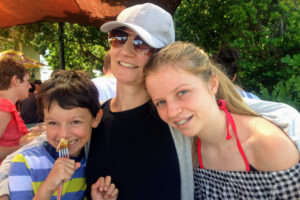Let’s not be coy. I don’t know what is going on (and neither do you), but I am quite certain that it’s something. Enough strange, unexplained things have occured in the palace to make any sane person wonder where the truth lies. That’s not what I want to discuss though. What most interests me, for now, is the mechanism of how information gets spread, and how easily seeds of rumours are planted on social media and soon become seen as a plausible fact.
Obviously, this is not a new problem. We’ve had misinformation online since pretty much the start of online, and we each have our own ways of vetting the information that we read. But this #kategate asks the question that we also raised during Covid: how do we know who to trust? The advent of AI, and the relative ease with which articles, photos, videos and even “people” can be created by the thousand at a click of a button, makes the question even more difficult – and more important – to answer.
The reality that has reared its ugly head with #kategate is that primary sources (ie the palace, in this case) cannot be trusted. And now we know it is up to us to debunk fake news.
The good news is that there seems to be a ready-to-fight army of truth seekers who are willing to use their specific knowledge to verify third party sources. In this case, for example, we saw Kate-experts pull up in a matter of mere hours evidence that the children and Kate wore the altered-photo outfits late November last year, and that the sweater that Kate is wearing in that photo doesn’t actually come in that colour. These Kate experts have the skills that are needed now, and they are not shy to flex them. They will move into the background and continue to live ordinary lives when Kategate is over, to be replaced by new experts in whatever drama crops up next. The hope is that as new issues or “-gates” appear, relevant experts in niche areas will come to the rescue, and shall keep everyone in line.
The bad news is that there is a much bigger army of fake-posters, often incentivised by money and power. This army consists of homegrown conspiracy theorists, drama queens who love scandal, and malicious bots created and controlled by parties with the goal of causing uncertainty and chaos. And, even worse, causing doubt and suspicion where there is little real justification for such sentiments to exist. They turn molehills into mountains, and obfuscate truth. These trouble-makers’ misinformation soup is not meant to create a story that is so sound that it cannot be refuted, but rather to create a narrative that is at least believed by some. Then, this new camp of misinformed but passionate “believers” spreads the fake news far and wide, and we enter a vicious cycle of trolling, lies, more obfuscation and loss of reason.
But it gets worse. If the #fakenews people do a good enough job, they effectively recruit sane, logical and intelligent people to partake in their viral spiral of mess making. They certainly got me! I was horrified to realise that I have been in numerous social gatherings in the last week where I – the one who considers herself immune to fake drama – informed my somewhat under-informed friends of the crazy theories floating around Kate. These included:
- Kate got beaten up by WIlliamc
- Rose H, the mistress, is pregnant
- Kate tried to commit suicide when served with divorce
- Kate is refusing to co-operate with the palace
- There is at least one illegitimate child floating around
- Kate is bloated on steroids due to surgery and doesn’t want to be seen
- etc etc
I don’t believe most of these and I was at pains to explain that to everyone. I used words like “preposterous”, “ridiculous” and “outrageous”. But … I still shared the theories. I don’t actually regret doing so: it was funny, entertaining and at least one person jested that I should start a podcast. But the hard-to-escape reality is by giving these theories a voice (even one made in jest) and by participating in a game of broken telephone, I am contributing to the fake news problem. I am regretful about that, but honest enough to tell you I am not about to stop doing it. It seemed harmless and fun, at least at the time.
So we have a number of problems: we are realising that trusted sources are not that trustworthy, fake news is often cleverly crafted to be viral, even via people who consider themselves above such shenanigans, and it’s difficult to amplify the voice of reason and truth. Books have been and will continue to be written on the subject of how fake news and social media affect our government, our economy and our society. Few of us will read them. I don’t have a solution, or even a clever suggestion. But I am keeping my eyes more open, and my scepticism sword better sharpened and I will try to fall more into the group that debunks than the group that spreads the fake news. Wish me luck.
Thanks for reading!


